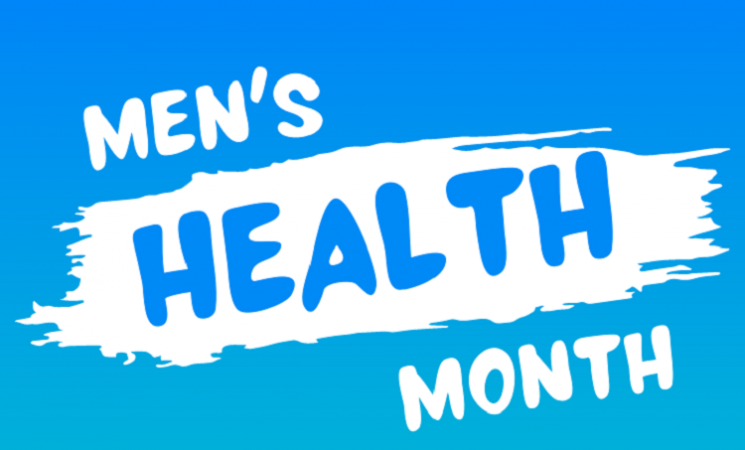
November is more than just the gateway to the holiday season. It's also recognized as Men's Health Awareness Month, a time to shine a spotlight on the unique health issues men face and encourage them to take control of their well-being. While men are often renowned for their stoicism and reluctance to seek medical attention, this month serves as a vital reminder that health should never take a back seat. In this article, we'll explore some of the critical men's health issues and provide essential guidance on prioritizing regular check-ups and adopting a healthier lifestyle.
Understanding the State of Men's Health
Before we delve into the specifics of men's health, it's important to acknowledge that many factors contribute to the overall well-being of men. Genetics, lifestyle choices, and access to healthcare all play a role. However, a few key issues are particularly prevalent and concerning for men:
Cardiovascular Health: Heart disease is the leading cause of death for men. High blood pressure, high cholesterol, smoking, obesity, and a sedentary lifestyle are common risk factors. Regular check-ups can help monitor and manage these issues.
Prostate Health: Prostate cancer is the most common cancer among men. Regular screenings and early detection are critical. Starting conversations about prostate health and cancer screening can save lives.
Mental Health: Men are less likely than women to seek help for mental health issues. Depression and anxiety can affect anyone, and it's crucial for men to open up about their emotions and seek support when needed.
Testicular Health: Testicular cancer is most common among young and middle-aged men. Self-exams can help detect abnormalities early. Encouraging men to perform monthly testicular self-exams is important.
Diabetes: Men are at a higher risk for diabetes than women. A healthy diet, regular exercise, and weight management are key in preventing and managing this condition.
Suicide: Men are more likely to die by suicide than women. Awareness and open conversations about mental health can help reduce the stigma surrounding seeking help.
Prioritizing Men's Health
Now that we've highlighted some of the most pressing health concerns for men, let's discuss practical steps men can take to prioritize their well-being:
Regular Check-Ups: Don't wait until something feels wrong to see a doctor. Regular check-ups can catch issues early when they are easier to manage. Follow your healthcare provider's recommendations for screenings and vaccinations.
Healthy Eating: Adopt a balanced diet rich in fruits, vegetables, lean protein, and whole grains. Limit the intake of processed foods, sugary drinks, and excessive alcohol.
Regular Exercise: Aim for at least 150 minutes of moderate-intensity aerobic activity or 75 minutes of vigorous-intensity exercise each week. Incorporate strength training for overall fitness.
Maintain a Healthy Weight: Being overweight or obese increases the risk of various health problems. Focus on a combination of a nutritious diet and regular physical activity to achieve and maintain a healthy weight.
Manage Stress: Find healthy ways to cope with stress, such as through mindfulness, relaxation techniques, and hobbies that bring joy.
Open Communication: Encourage open conversations about health and emotions. Don't hesitate to reach out to healthcare professionals, friends, or family for support.
Men must recognize the importance of regular check-ups, a healthy lifestyle, and addressing any health concerns promptly. By prioritizing their well-being, men can look forward to a brighter, healthier future, full of vitality and happiness. Let this November be the month you commit to a healthier, happier you.